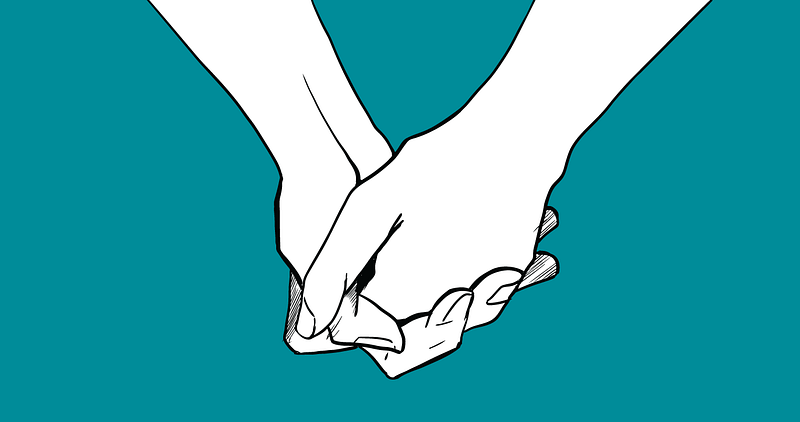
Image Courtesy of Medium
During the fall of 2017, I was sexually assaulted in my apartment while studying abroad in Washington, D.C. There’s still a sense of dissonance that makes it difficult for me to relate with the “I” in that sentence. Being told by the authorities that there wasn’t enough “evidence” to prosecute the assailant contributes to the confusion surrounding the “truth” of the incident.
Since the acts leading up the assault were consensual, I wasn’t taken seriously as a victim. Even before going to the police, I knew that my story wasn’t “strong” enough to win the case. Who was going to believe my side of what was essentially a “he said, she said” situation? If I was inviting this man over to my room, why wouldn’t I have been looking for sexual activities?
The recent events related to sexual misconduct on campus have brought up memories and made me reflect on the emotional whirlwind of that time. Even now, however, I’m pretty emotionally-distanced from conversations about assault and particularly my own experience — probably my body’s way of protecting myself from constantly reliving the pain. Although spiking drinks with date rape drugs isn’t the same as how I was assaulted, I sense that the same underlying debate exists.
Who should we believe? How do we move forward in punishing the guilty and bringing justice for victims? What will happen to these people — often cisgender, straight, white men — if we falsely prosecute and discipline them?
I don’t know the right answer because falsely accusing someone of sexual assault could have potentially lifelong damaging effects. However, I personally am more prone to err on the side of those making the accusation. It is well known that — more often than not — it is the victim and not an innocent person who has been accused that suffers and is denied justice. When victims aren’t believed, the trauma hits again and cuts in a new way.
Questioning my assault made me question my sanity. Was I looking for it? Was I inviting assault into my life? Was it my fault? The police denying the criminality of these acts reduced the sense of power I had over my own body.
Not only was my body and my sovereignty violated, but so was the legitimacy of my word and judgement. It’s like I was being gaslighted. My experience and disappointment with the D.C. Metro Police made me want to scream, “Why do people not believe me?” The attacker didn’t believe me when I told him no and the police don’t believe that I told him no, which makes me believe that there was no harm done, only an unfortunate situation that people lack the power to make judgement over.
Regardless of how the administration responds to the students who have been calling for action on this issue, my own personal response is one of rage and hopelessness. The College has an appalling history with dealing with rapists and sexual assailants and so I don’t have much hope that administrative response will improve or even remotely satisfy our calls for justice.
My only hope is that the administration errs on the side of the victims because the last thing someone needs is to be told by authority that the violation they experienced is overshadowed by the desire to protect the accused. Why is it that when black men are caught with cannabis, they are locked away in jail for decades, but when someone is caught sexually assaulting another human, the assailant’s civil rights are top priority?
We need to rethink our priorities and examine what messages we are subliminally sending through our actions, or lack thereof. The slow movement of the administration signals to the student body that they prioritize the reputation of the College over the safety and wellbeing of students.
And to those who spiked drinks, how dare you extend your privilege onto another person’s body? How dare you believe you own other people?
And to students who know who the perpetrators are, please come forward and name names. Not doing so is a reflection of your own cowardice and compliance. Do you want to live with the guilt of not coming forward and doing the right thing, or do you want the supposed loyalty and love of your perpetrator friends? We cannot rely on the administration to do the right thing so the least we can do is advocate for each other.
